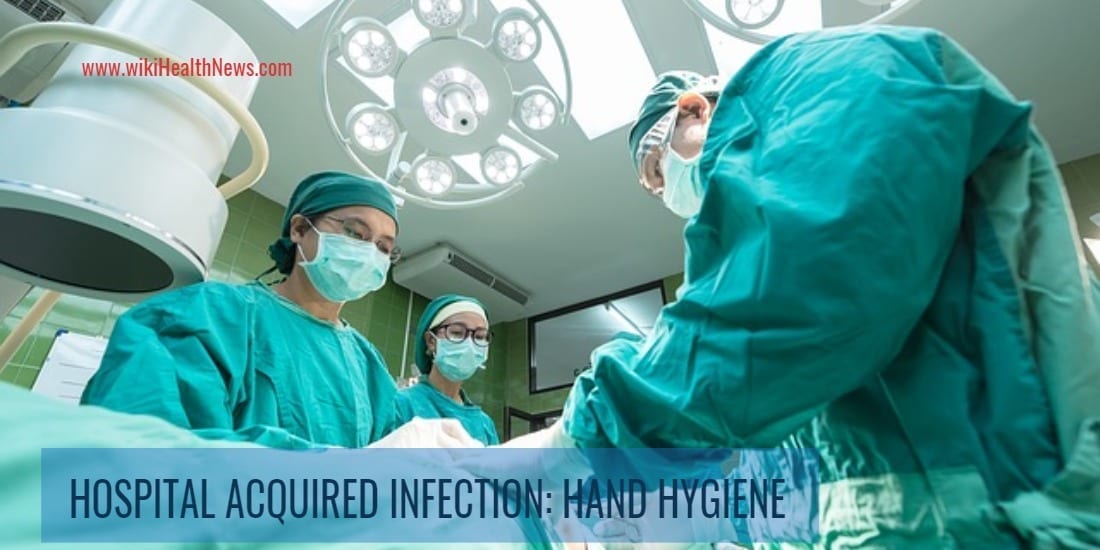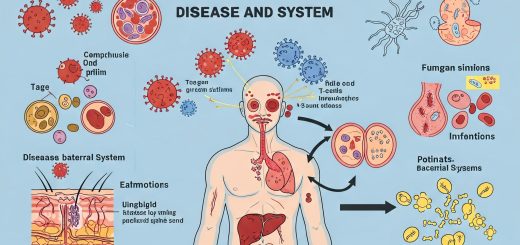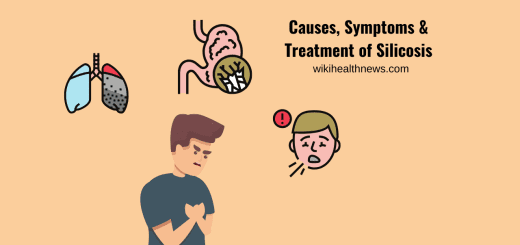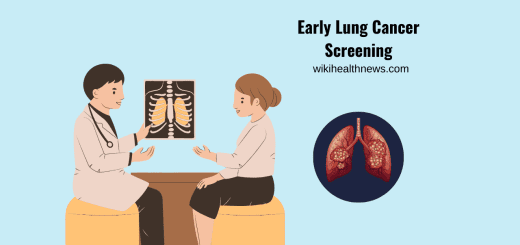Nosocomial Infection: Sources and Prevention

What is nosocomial infection?
An infection occurring in a patient in a hospital or other health care facility and in whom it was not present or incubating at the time of admission. Prevention of nosocomial infections includes proper personal hygiene and hand washing on the part of the hospital staff , doctors , nurse , attenders , visitors of the patients. Hospitals, nursing homes can be dangerous places for the acquisition of infections. If the patient gets the infection after admission to the hospital then it is called as nosocomial infection.
What are the types of nosocomial infections?
The most common type of nosocomial infections are
- surgical wound infections
- respiratory infections
- genitourinary infections
- gastrointestinal infections
What are the micro organisms that cause nosocomial infections?
Most common pathogens that cause nosocomial infections are –
- Staphylococcus aureus
- Pseudomonas aeruginosa
- E. coli.
Some of the common nosocomial infections are –
- urinary tract infections
- respiratory pneumonia
- surgical site wound infections
- bacteremia
- gastrointestinal
- skin infections
How to prevent nosocomial infections?
Prevention of nosocomial infections includes proper personal hygiene and hand washing on the part of the hospital staff , doctors , nurse , attenders , visitors of the patients. Complete sterilization of medical equipment , clean, sanitary environment in the health care facilities.
- Sterilization
- Isolation
- Handwashing
- Gloves
- Surface sanitation
- Antimicrobial surfaces
How much effective hand washing or cleaning in prevention of nosocomial infection?
Hand washing frequently is called the single most important measure to reduce the risks of transmitting skin microorganisms from one person to another or from one site to another on the same patient. Washing hands as promptly and thoroughly as possible between patient contacts and after contact with blood, body fluids, secretions, excretions, and equipment or articles contaminated by them is an important component of infection control and isolation precautions.
The spread of nosocomial infections, among immunocompromised patients is connected with health care workers’ hand contamination in almost 40% of cases, and is a challenging problem in the modern hospitals.
Can wearing gloves prevent nosocomial infection?
Wearing gloves protects the person from contact of infected materials.
Wearing gloves does not replace the need for hand washing. Doctors wearing the same gloves for multiple patient operations or examination increases the possibility of spreading infection.
What is our responsibility to prevent nosocomial infection?
- Hand wash.
- Avoid touching patient clothes , bed and associated materials.
- Avoid frequent and multiple visitors.
- Hand hygiene.
Read More











